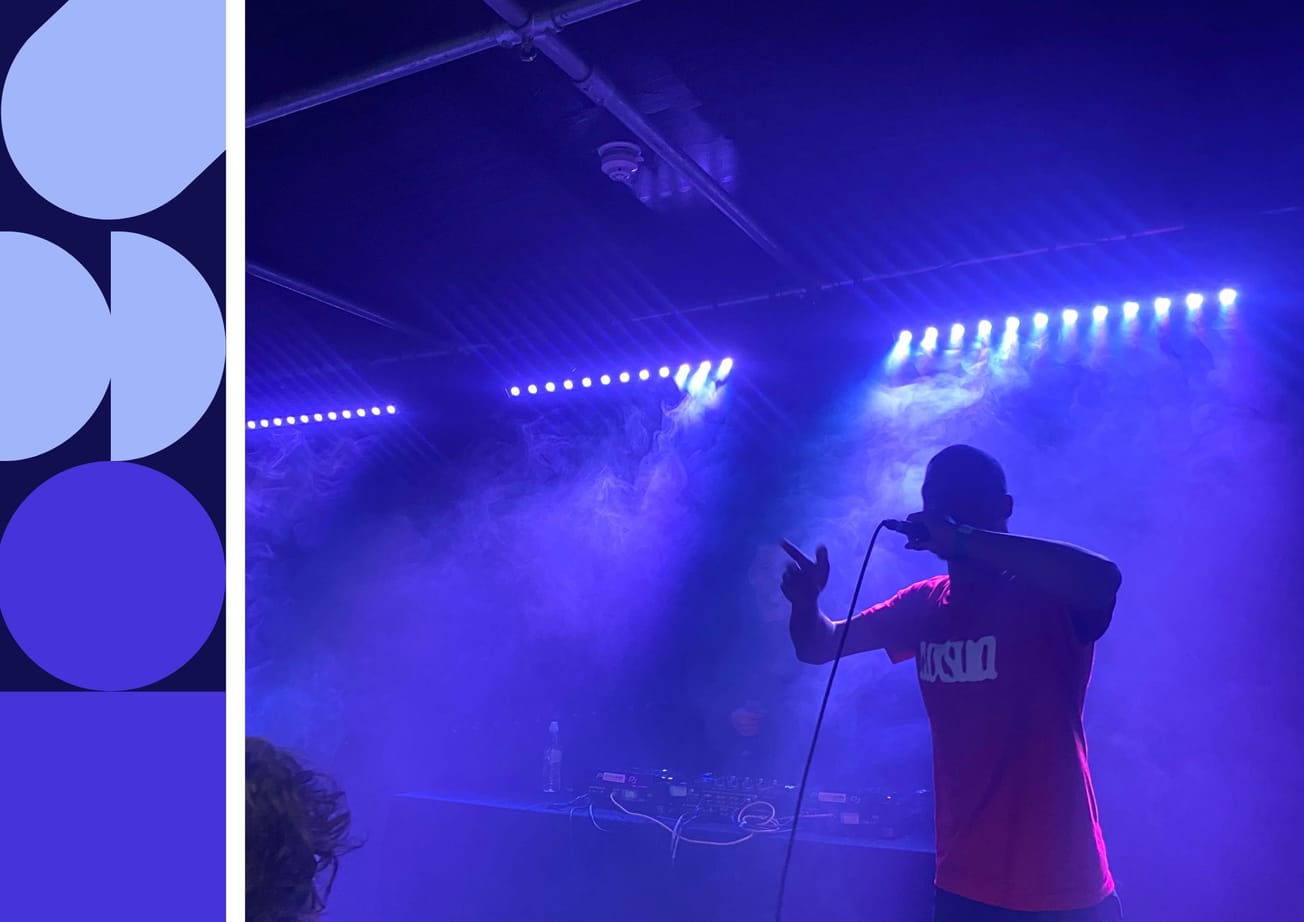By Nate Brazier, First Year English
With his fifth studio album, Grammy-winning producer James Blake is introspective as ever, but notably less adventurous than we’re used to.
Blake has settled into his suit of electronic-music auteur meets balladeer rather too comfortably. This combo, which seemed so captivatingly unique when Blake broke into the scene, is now proving somewhat formulaic. In what he describes as a concept album, Blake leaves too much unsaid and unexplored on the titular topic of Friends That Break Your Heart (2021). However, the album is not without highlights and ear-grabbing moments.
James Blake exploded into the music scene off a wave of Pitchfork hype, with his futuristic, elegant, singer-songwriter balladry. Blake soon swooped into LA studios in the latter half of the 2010s, to be embraced by many greats including Frank Ocean, Kendrick Lamar, Jay-Z, Beyoncé, Travis Scott, Stevie Wonder and Kid Cudi.
Blake’s first two studio albums kicked off his discography boldly, despite sounding slightly directionless. This lack did detract from the enjoyability of his third album, The Colour In Anything (2016). With number four, Assume Form (2019), Blake didn’t fully abandon his jack-of-all-trades tendencies but certainly provided some of his best tracks to date, including one of his biggest hits, ‘Mile High’ with Travis Scott.
Friends That Break Your Heart sticks to Blake’s tried and tested formula of combining experimental R&B with minimal, mournful ballads. Except, this time the experimental parts feel less boundary-pushing and the ballads less arresting. The frustration as a listener in part comes from how Blake sounds so comfortable and safe in his sound - there’s little risk or excitement.
The lead single, ‘Say What You Will’ holds a lot of charm and was a promising teaser. It sees Blake finding peace in growing up and reaching a maturity that he perhaps once lacked. He croons “I've been normal, I've been ostracised / I've watched through a window / As my young self died / I've been popular with all the popular guys.” It feels like the kind of gently swaying ballad that could be being sung in a half-empty bar, complete with limp applause. We’re pulled from this reverie at the second chorus, when all drops out but Blake’s impassioned vocals. The single was accompanied by a comically self-deprecating music video, co-starring Finneas.
The opener, ‘Famous Last Words’ revisits the lovestruck lyrical content of Assume Form, although this time we’re told (only by the album’s title) it’s about friendship. There’s a slight self-critical concession that the album’s ramblings are repetitive: ‘I can't believe I'm still talkin' about you’. The track’s minimalism is ineffectual, with only a plucky, undulating synth line serving as an accompaniment for Blake’s falsetto lament. Blake still catches the ear with some thought-provoking metaphors in the chorus such as “you're the last of my old things / Oh, the cast from my broken limbs.”
Both SZA and JID’s verses are highlights of the LP - I found these moments to be when Blake’s beat-making abilities shine through. The listener is left to focus on what has garnered Blake his popularity in recent years: crafting a quaint brand of alternative hip hop beats, while dissecting and molding the vocals that adorn them.
My favourite cut ‘Life is Not the Same’, ushers in hushed trap drums and sees Blake turn to the atmospheric hip hop-infused sounds that brought him into mainstream consciousness. Lyrically, he argues he did all he could in a failed relationship: “I can only be what I am.” The overall tone is ominous, interspersed with eerie pitched-up vocal chops.
Wowwww he looks so good in Times Square!!! The privilege of my life was getting to work on this record. It was quite a journey and this man bled his whole soul into this record for you. I hope the people who lost friendships find it healing. BRAVO @jamesblake YOU FREAK OF NATURE! pic.twitter.com/ndiElPJwO3
— Jameela Jamil 🌈 (@jameelajamil) October 8, 2021
‘I’m so Blessed you’re Mine’ also stands out as a bubbling trap banger, infused with writhing sub synths and a gentle arpeggiator. More pitched-up vocal loops complete the cut as glitch-hop meets twinkling piano ballad. Here, Blake’s slanting, wistful variety of hip hop is well executed. On the subsequent ‘Foot Forward’, Metro Boomin’s production is punchy and to the point. However, Blake’s plaintive vocals feel slightly mismatched.
The album is let down by the sleepers that infiltrate the tracklist, like ‘Funeral’, which passes by without grasping much attention, aside from somewhat lacklustre poetry. The title track is equally stark; its lyrics direct and prosaic. The closing track, ‘If I’m Insecure’, follows in its lethargic footsteps. Lofty organ helps build to something of a climax, but not a particularly memorable one. ‘Lost Angel Nights’ joins this handful of slow tracks for the most part, but does build to a somewhat infectious chorus, packing some of the emotional punch lacking elsewhere.
The everyman mindset Blake has championed in the past is apparent throughout Friends That Break Your Heart, except it misfires when walking the delicate line between relatability and self-pity. Blake also makes clear from the title that he’s exploring the loss of a friend - an experience that can be just as tragic as the breakdown of a romantic relationship. However, it feels like this original concept has been underexplored - without knowing the name of the album there is little to indicate that its subject is platonic.









